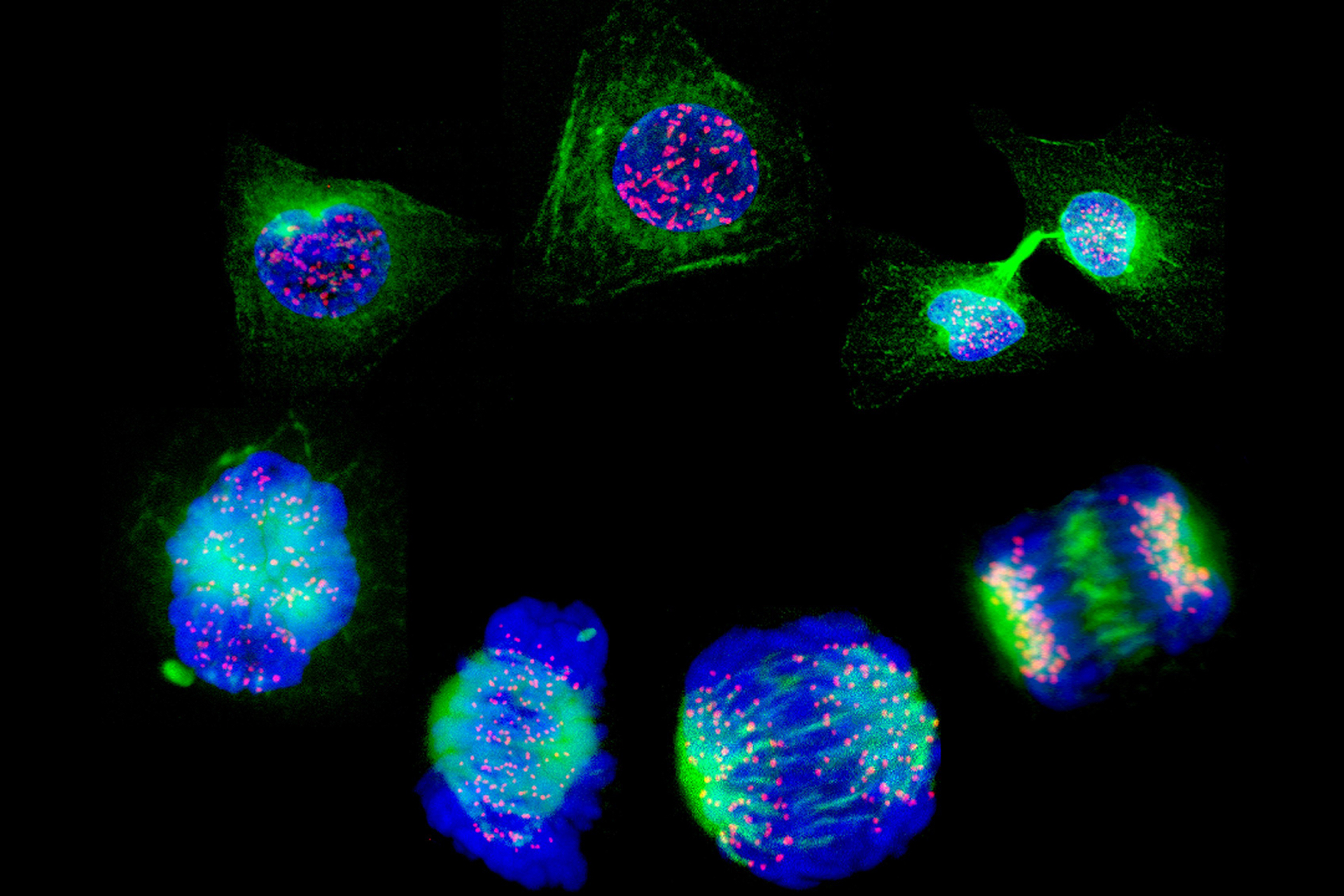The use of CRISPR genome editing in immune cells increases genomic instability, which may be a risk factor for cancer, according to new research.
Researchers at Tel Aviv University in Israel used CRISPR genome editing on a specific type of immune cell called T-cells, targeting locations on three chromosomes. They then analysed each T-cell individually to examine the effects. The results showed that some cells had a significant loss of activity from the targeted chromosomes, suggesting chromosome damage.
'The genome in our cells often breaks due to natural causes, but usually it is able to repair itself, with no harm done' explained Dr Uri Ben-David and Dr Eli Reuveni. 'Still, sometimes a certain chromosome is unable to bounce back, and large sections, or even the entire chromosome, are lost. Such chromosomal disruptions can destabilise the genome, and we often see this in cancer cells. Thus, CRISPR therapeutics, in which DNA is cleaved intentionally as a means for treating cancer, might, in extreme scenarios, actually promote malignancies.'
The locations that were targeted in the experiment were on chromosomes 2, 7 and 14, because these were the targets in a 2020 clinical trial which used CRISPR to edit the genomes of T cells which were then returned to patients to kill cancer. The study used single-cell RNA sequencing to examine expression levels of different genes, from which they could infer chromosome damage.
When all three locations were targeted by CRISPR simultaneously, chromosome 2 was damaged in three percent of cells, chromosome 7 was damaged in ten percent of cells and chromosome 14 was damaged in nine percent of cells. Overall, more than nine percent lost a 'significant amount of genetic material' according to the authors.
Publishing the data in Nature Biotechnology, the authors caution that care should be taken when employing CRISPR for therapeutics and advocate for methods to be developed to identify and remove cells with genetic damage prior to being used for therapy.
'Our intention in this study was to shed light on potential risks in the use of CRISPR therapeutics,' explained authors Dr Adi Barzel and Dr Alessio Nahmad. 'We did this even though we are aware of the technology's substantial advantages. In fact, in other studies, we have developed CRISPR-based treatments… In other words, we advance this highly effective technology, while at the same time cautioning against its potential dangers.'
Sources and References
-
Frequent aneuploidy in primary human T cells after CRISPR/Cas9 cleavage
-
CRISPR therapeutics can damage the genome, researchers warn
-
CRISPR genome editing could trigger cancer in the long run
-
T-cell therapeutics may face genomic instability following CRISPR editing
-
Study identifies risks in the use of CRISPR therapeutics




Leave a Reply
You must be logged in to post a comment.